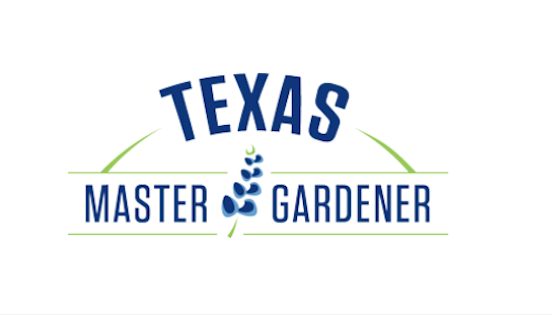July 8, 2025 – The Texas A&M Agrilife Extension has developed the EarthKind program to teach and inform gardeners about gardening practices that are environmentally friendly. Simply explained, the EarthKind system starts with a complete and totally organic plan, and then uses a gradual step-by-step increase in the use of non-organic practices if the need or situation demands.
Many gardeners, both new and experienced, want to grow things organically, and being 100% organic is a wonderful goal. However, organic gardening is not a “plant it and forget it” endeavor. Successful organic gardening requires timely application of products and/or maintenance, and sometimes waiting a day can be disastrous. Organic practices are designed to prohibit or minimize problems in the garden, and when a problem arises, if not treated quickly, the plant suffers. Organic products use chemicals and fertilizers that are designed to be less toxic than non-organic products in order to be more friendly to our environment. The EarthKind program teaches gardeners to have success with the how, when, what, and why of organic gardening.
One example of the EarthKind approach is the treatment of insect infestations. Before insect pests are present, it is helpful to place “sacrificial” plants among or close to the desirable plants that will attract the insects, with the idea the insects will feed on them rather than the desirable plant. For example, marigolds are a diversion plant when growing tomatoes, and planting lemon grass in the garden can help repel some invaders.
Before using strong chemical pesticides, hand-picking the pests can be helpful. Squash bugs can be somewhat controlled by hand-picking, along with using simple traps. Depending on your plant and the pest to be controlled, spraying your desirable plants with a mixture of water, baking soda, and vinegar can help control many insect pests.
The EarthKind system does provide for the use of non-organic chemicals, but only after all the organic solutions have been tried. EarthKind gardening also includes information on planning, pest management, composting, fertilization, watering, and many other topics of interest to gardeners. Explore the websites and have a happy, EarthKind garden!!
https://aggie-horticulture.tamu.edu/earthkind
https://aggie-horticulture.tamu.edu/earthkind/training/







